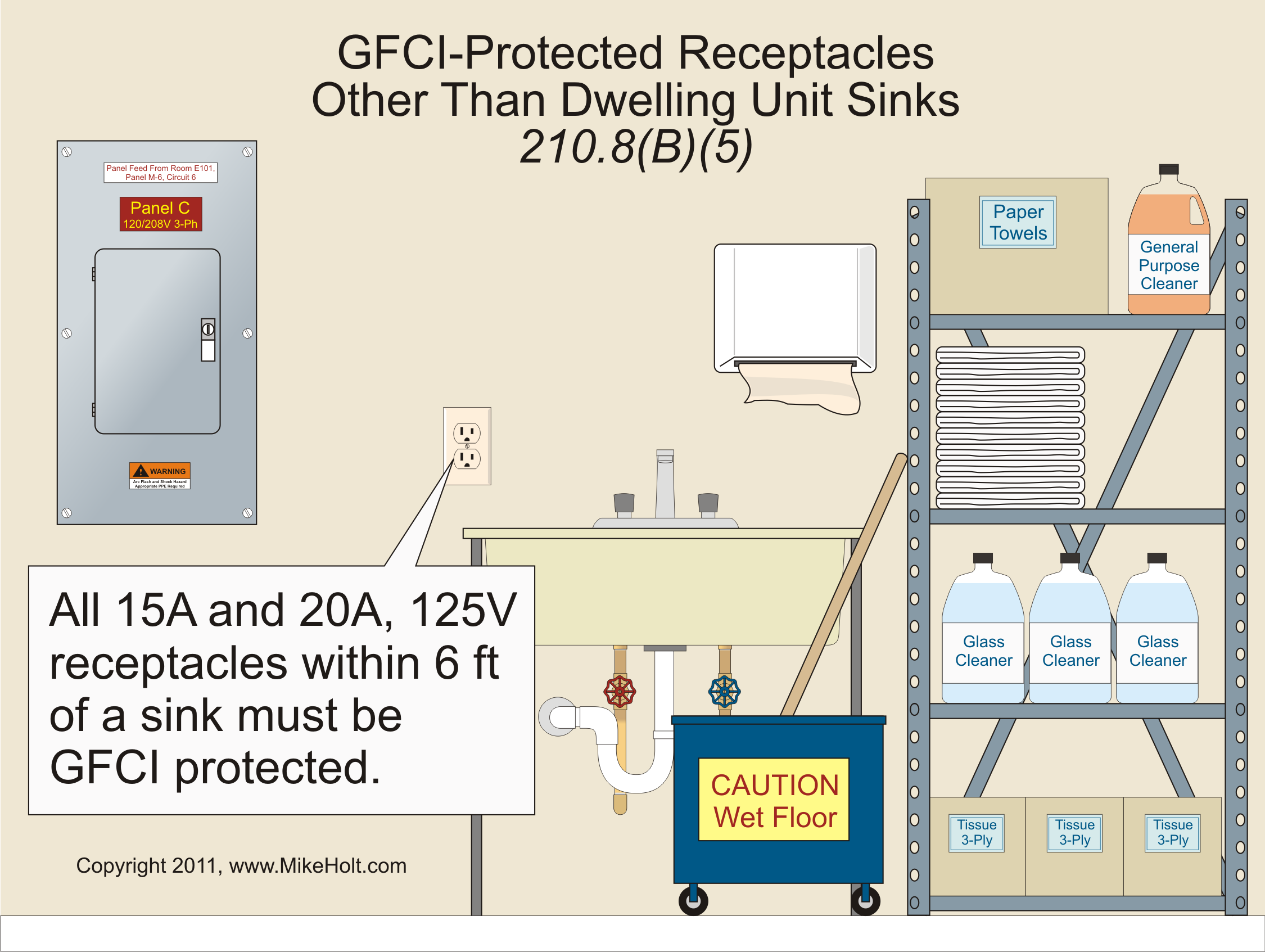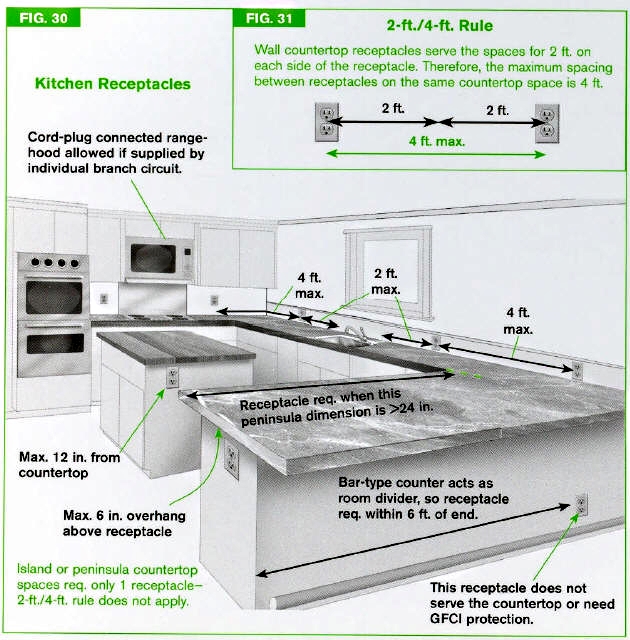I am about to close on the purchase of a small (1000sqft) cottage which, although it is habitable, is in desperate need of some tender love & care.
I am an avid DIY nut and have have already done some significant renovations to my previous house - in many cases fixing previous sub-standard work.
This time, although I am reasonably confident that I am capable of recognizing & performing good work which is safe & does the job, I want to to things 'by the book'.
So my question comes down to: do I really need to read & familiarize myself with all of the official 'code' documentation like the NFPA 70 Electrical Code and the ICC Building codes (with local/state amendments), or is there a more user-friendly, but still comprehensive source of information.
To be clear, I'm not so much looking for 'how-to-do' info as I am looking for 'what are the required standards' info.
My location is Georgia, USA.


